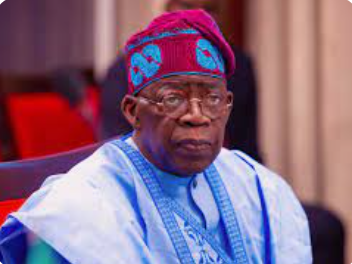President Bola Tinubu has initiated an extensive census of schools across Nigeria, from primary to tertiary levels, to gather comprehensive data on their conditions, facilities, and educational infrastructure. This effort aims to address the lack of coordinated and authentic data crucial for planning within the education sector.
The census will include information on the number of teachers, their qualifications, training, as well as data on pupils and students, including gender and academic performance. Tinubu emphasized the importance of overhauling the education sector to enhance learning, skill development, increase enrolment, and ensure the academic well-being of Nigerian children.
This initiative, announced by Tinubu’s Special Adviser on Media and Publicity, Ajuri Ngelale, encompasses four key areas: Data Repository, Out-of-School Children Education, Teacher Training and Development, and Skill Development and Acquisition (DOTS). The goal is to provide a data-driven mechanism for interventions, especially for out-of-school children, girls, and those with specific learning needs.
A dedicated portal/dashboard will be established to host and disseminate this information for real-time monitoring by the federal government, states, and local governments. It will enable tracking of students’ progress and facilitate targeted interventions.
Efforts to address out-of-school children’s education and training are already underway, with the Federal Ministry of Education implementing policies through various agencies, benefiting approximately two million beneficiaries. The system-wide policy will further enhance education and training for out-of-school children.
In terms of teachers’ development and support, the Ministry of Education will provide training in digital skills to integrate technology into classrooms, benefiting teachers and learners across all levels of education.
Additionally, President Tinubu has approved the National Skills Framework (NSF) to enhance skill diversity in the education sector, equipping Nigerian students with the necessary skills for the 21st-century global economy. The NSF aims to address skill gaps, improve the quality of education, and tackle unemployment concerns.
Once fully implemented, these programs are expected to reset learning and improve the overall education system in Nigeria, aligning with President Tinubu’s Renewed Hope Agenda.
























